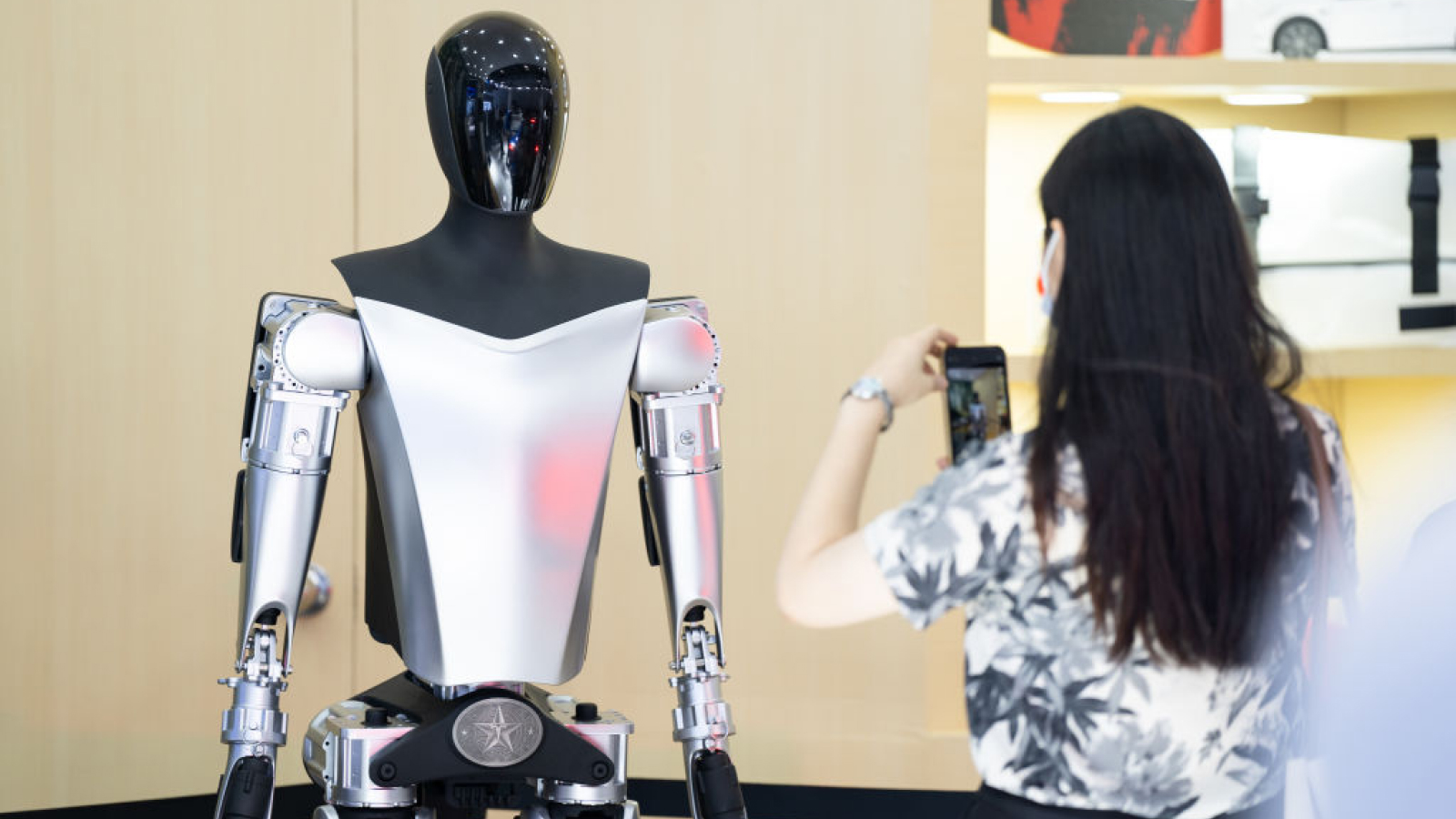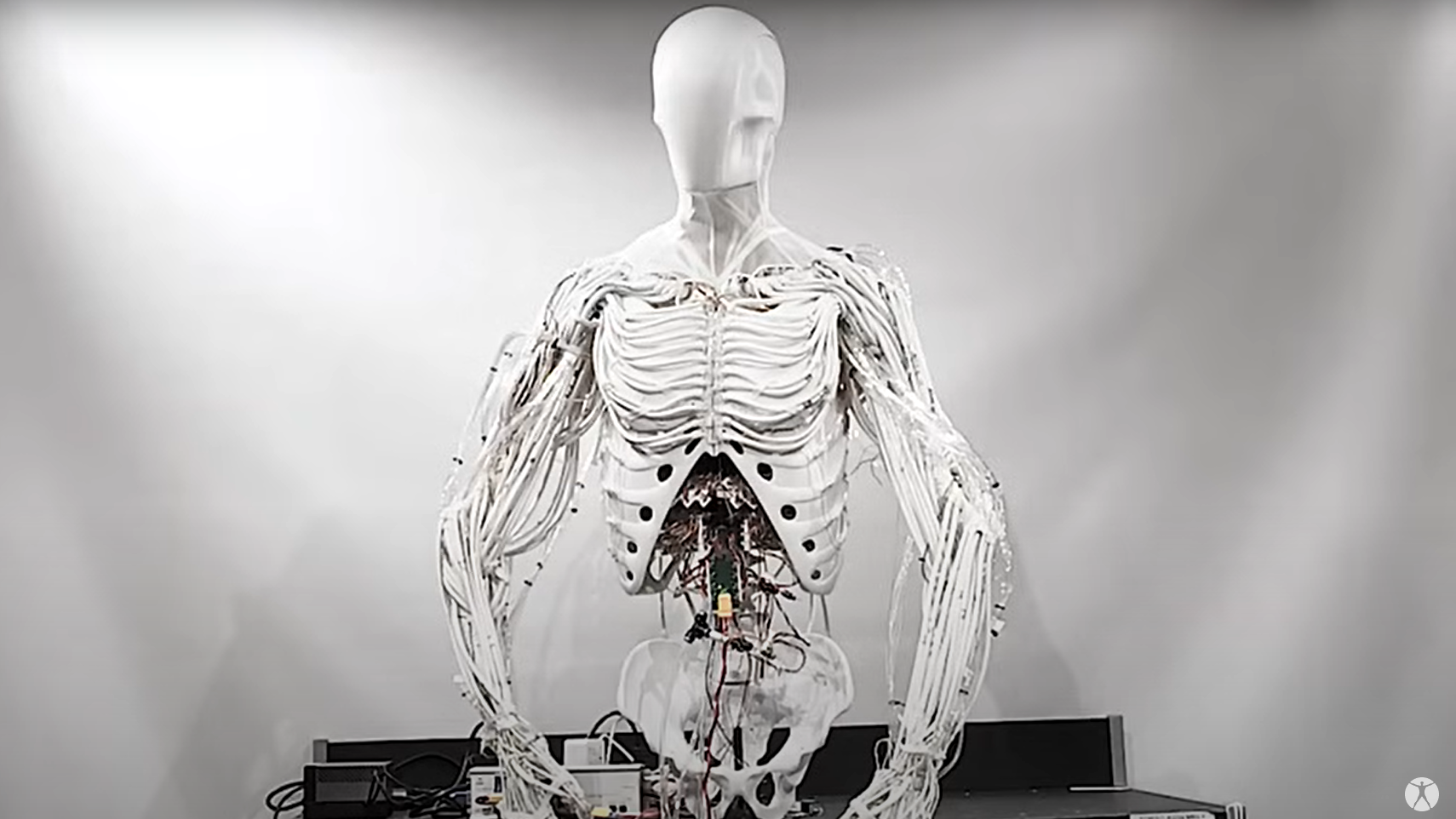5 Myths About Women's Bodies

Overlooked

Historically research has focused on men. As one example, women are under-represented in major clinical trials for cancers that affect both sexes, a new study found. Researchers say several factors could be responsible, from childcare issues to reluctance by researchers to expose women of childbearing age to trial drugs and treatments.
In other areas where research into women's medical problems is lacking, the issue is not just about sexism. Women's hormone fluctuations are, well, complicated and can confound basic findings. But in recent years, women have been getting increased attention.
Still, much misinformation about the female body circulates in mainstream consciousness.
Myth: A doctor can tell if a woman is a virgin.

Even when using 10-fold magnification, doctors can not accurately sort virgins from the sexually-active, several studies have reported. It is not as simple as looking for a hole in the hymen because, well, there is always a hole in the hymen.
"Some people think the hymen seals off the vagina [until virginity is lost], but that is just not true," said Dr. Rachel Vreeman of Indiana University and Carroll's co-author of "Don't Swallow Your Gum." In the rare cases when it is sealed, period blood builds in the uterus and causes severe medical problems, she said.
Myth: Antibiotics make birth control pills unreliable.

"Many physicians even believe this," Carroll said. Alone, birth control pills fail about one percent of the time. And that failure rate is unchanged when taken with the vast majority of antibiotics, Carroll said.
A possible exception is rifampin, the antibiotic prescribed for tuberculosis. Rifampin does lower pregnancy-protecting hormone levels induced by birth control pills, but whether the effect is large enough to increase pregnancy risk is unclear. Carroll thinks rifampin research spurred the antibiotic/birth control rumor. "Sometimes people say things and they just take off," he said.
Myth: Women and men need equal sleep.

Tossing and turning not only causes women more psychological distress, it also raises their insulin and inflammation levels — risk factors for compromised health, found a 2008 study of 210 people led by Edward Suarez at Duke University.
A study of more than 6,000 participants, led by researchers at the University of Warwick in 2007, found that women who slept five or less hours a night were twice as likely to suffer from hypertension than women who slept for seven or more hours. Among men, there was no such relationship. Sleeping Beauty may be better off waking up on her own watch.
Myth: Menopause causes sex drive to nosedive.

The Change is not necessarily one that happens in the bedroom. A comprehensive survey of sexual habits in the United States, completed by Edward Laumann and colleagues in 1994, found that roughly half of women in their fifties have sex several times a month.
While hot flashes and other discomforts may make a women temporarily not in the mood, there is not a direct link between menopause and sexual desire, Vreeman said. So if you are entering the Big M, there is no reason to say good-bye to the Big O.
Myth: A women can't get pregnant during her period.

While a woman is unlikely to conceive during menstruation, "nothing, when it comes to pregnancy, is impossible," said Aaron Carroll of Indiana University and co-author of "Don't Swallow Your Gum: Myths, Half-truths and Outright Lies About Your Body and Health" (St. Martin's Griffin, 2009).
Once inside a woman, sperm can wait for an egg for up to a week. Ovulation can occur soon after, or even during, the bleeding phase of a woman's menstrual cycle, giving patient sperm the chance to get lucky. The timing method of birth control doesn't work well, Carroll said, agreeing that couples who practice it are often called: parents.
Sign up for the Live Science daily newsletter now
Get the world’s most fascinating discoveries delivered straight to your inbox.
Robin Nixon is a former staff writer for Live Science. Robin graduated from Columbia University with a BA in Neuroscience and Behavior and pursued a PhD in Neural Science from New York University before shifting gears to travel and write. She worked in Indonesia, Cambodia, Jordan, Iraq and Sudan, for companies doing development work before returning to the U.S. and taking journalism classes at Harvard. She worked as a health and science journalist covering breakthroughs in neuroscience, medicine, and psychology for the lay public, and is the author of "Allergy-Free Kids; The Science-based Approach To Preventing Food Allergies," (Harper Collins, 2017). She will attend the Yale Writer’s Workshop in summer 2023.
Man gets sperm-making stem cell transplant in first-of-its-kind procedure
'Love hormone' oxytocin can pause pregnancy, animal study finds











